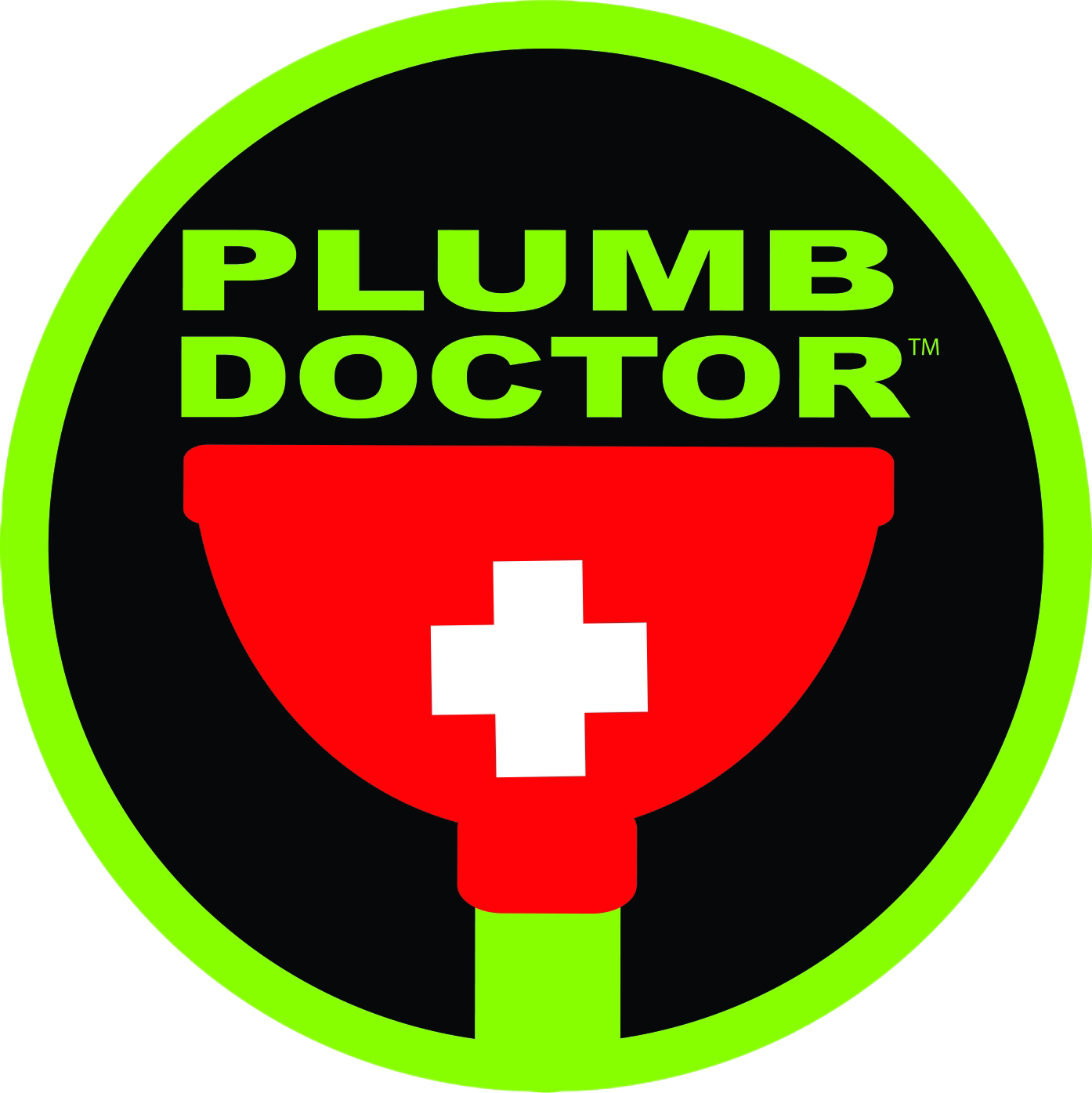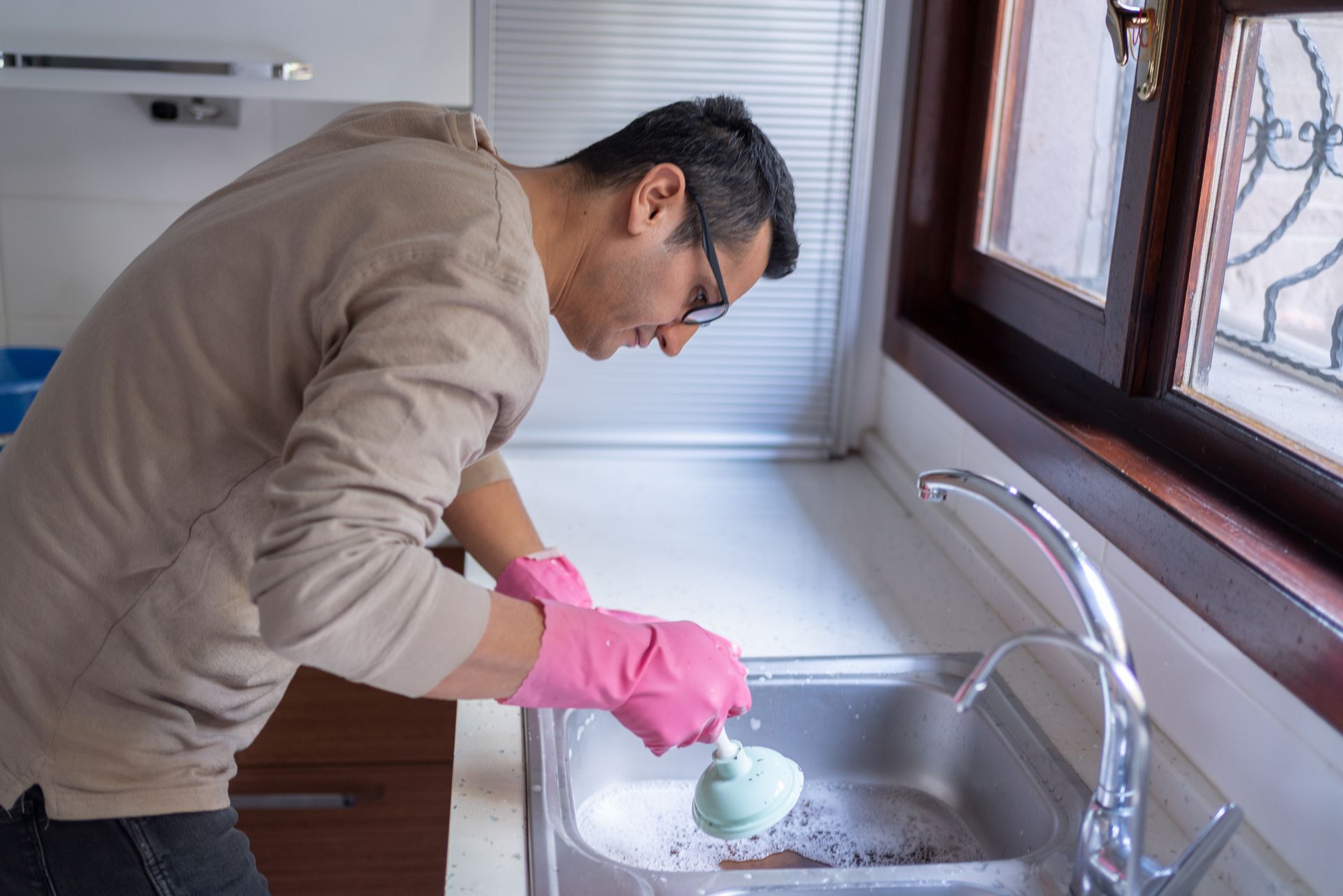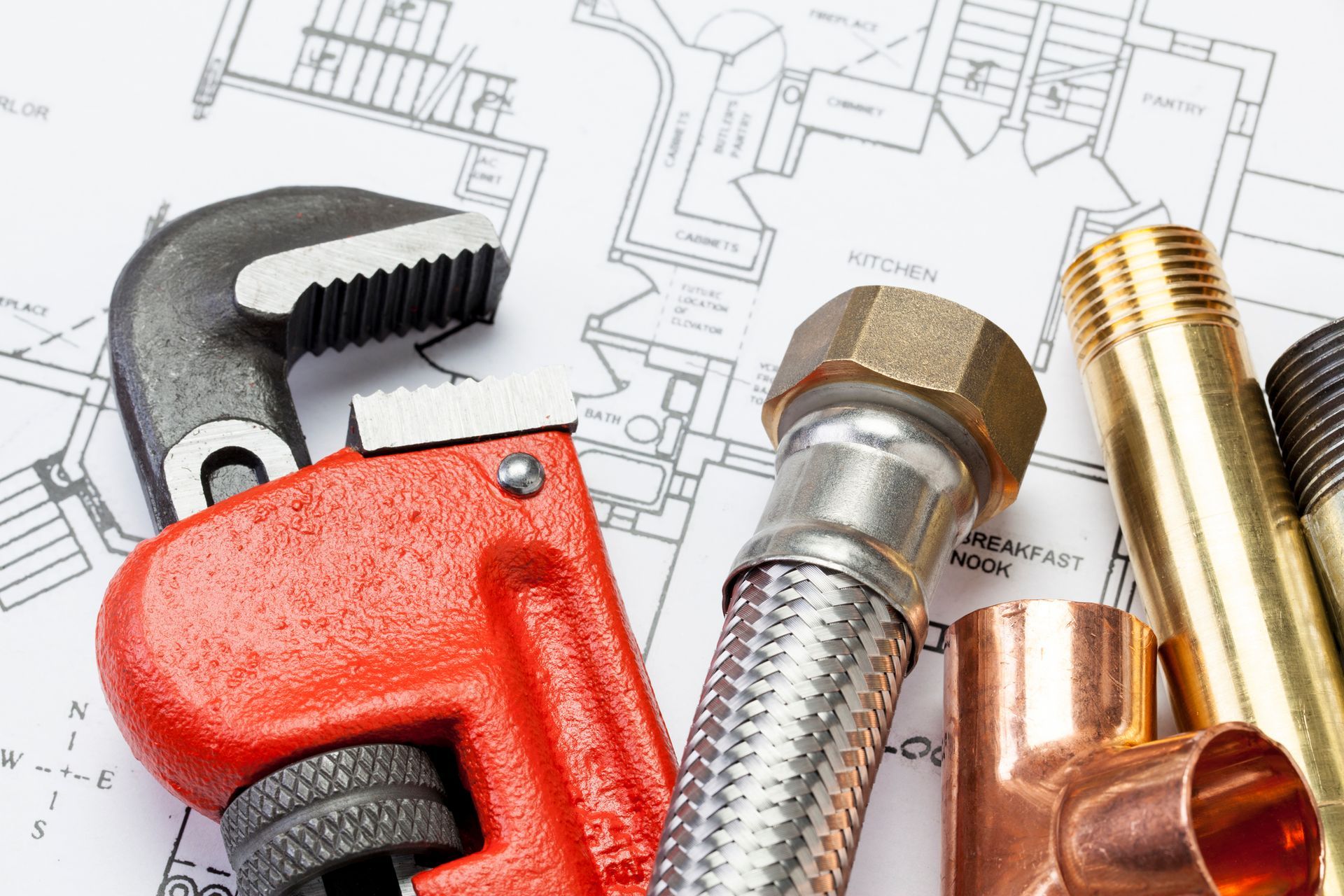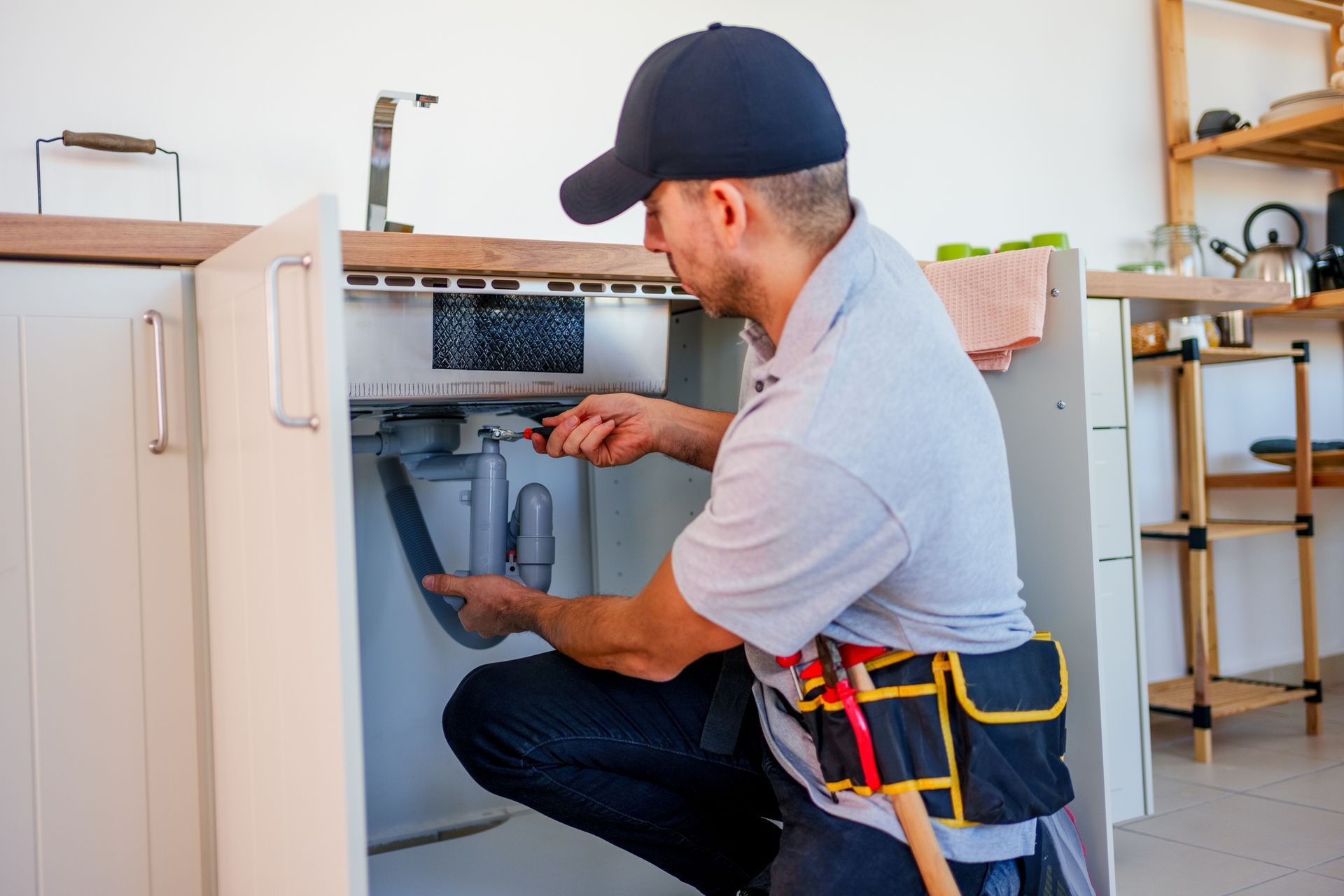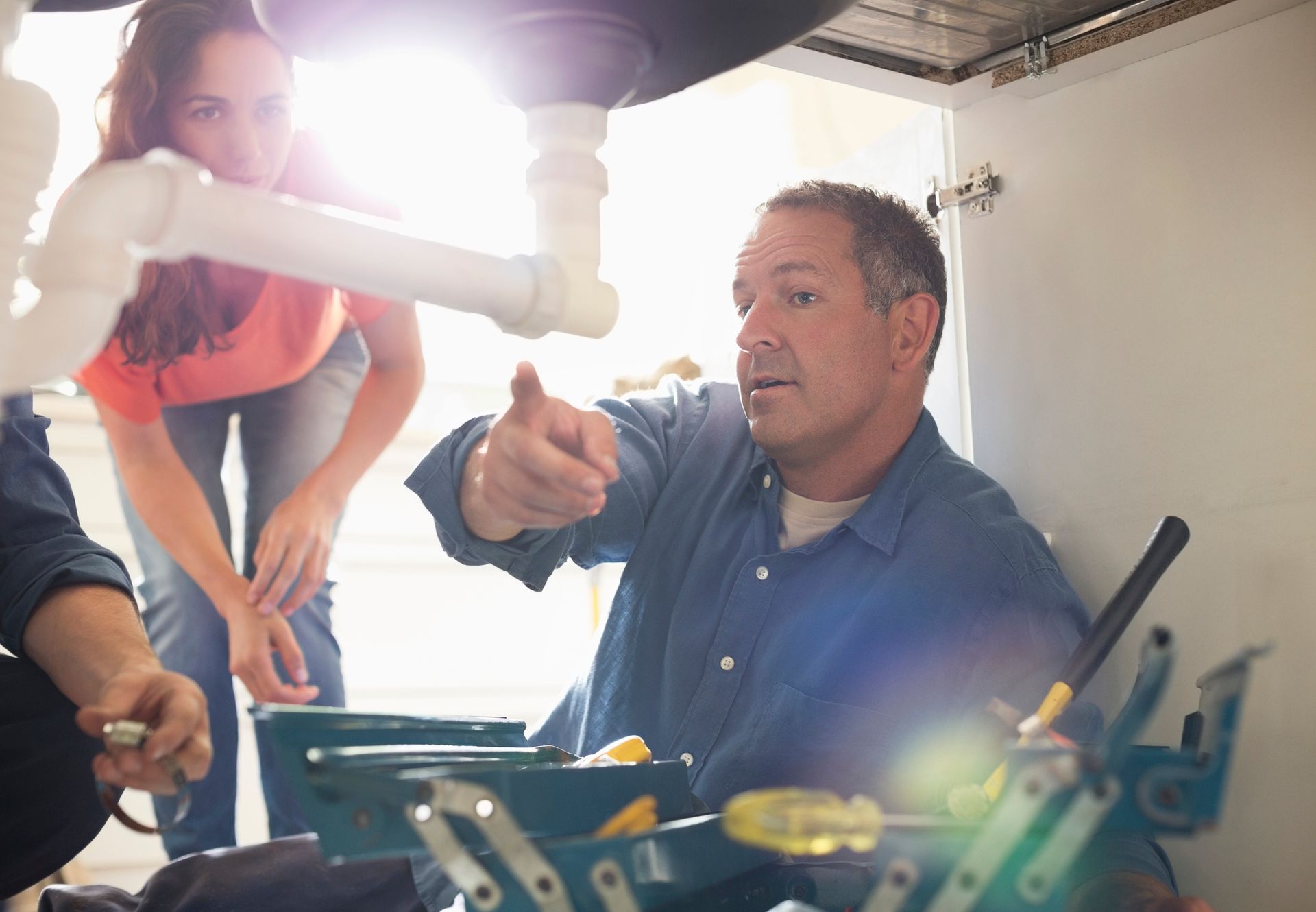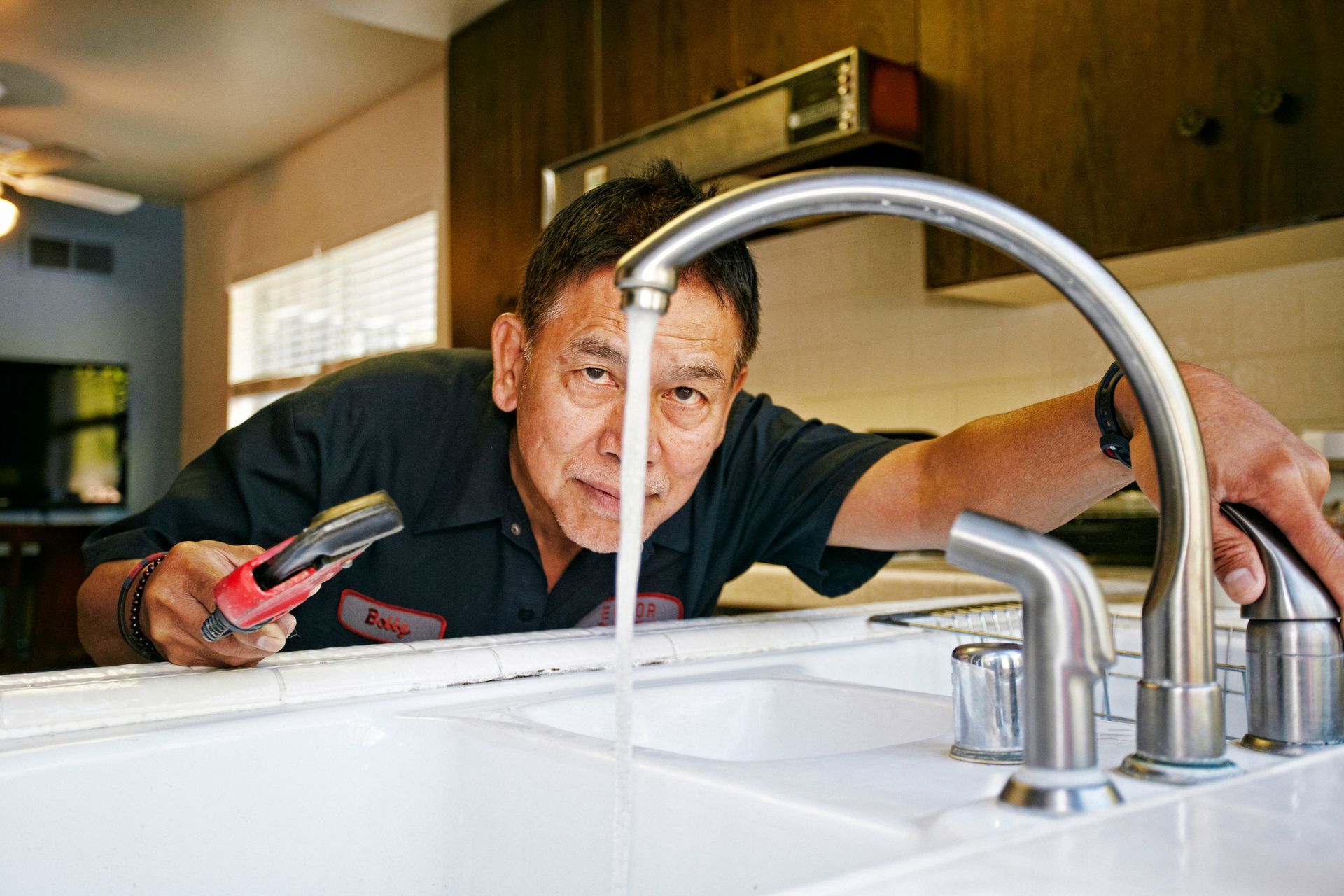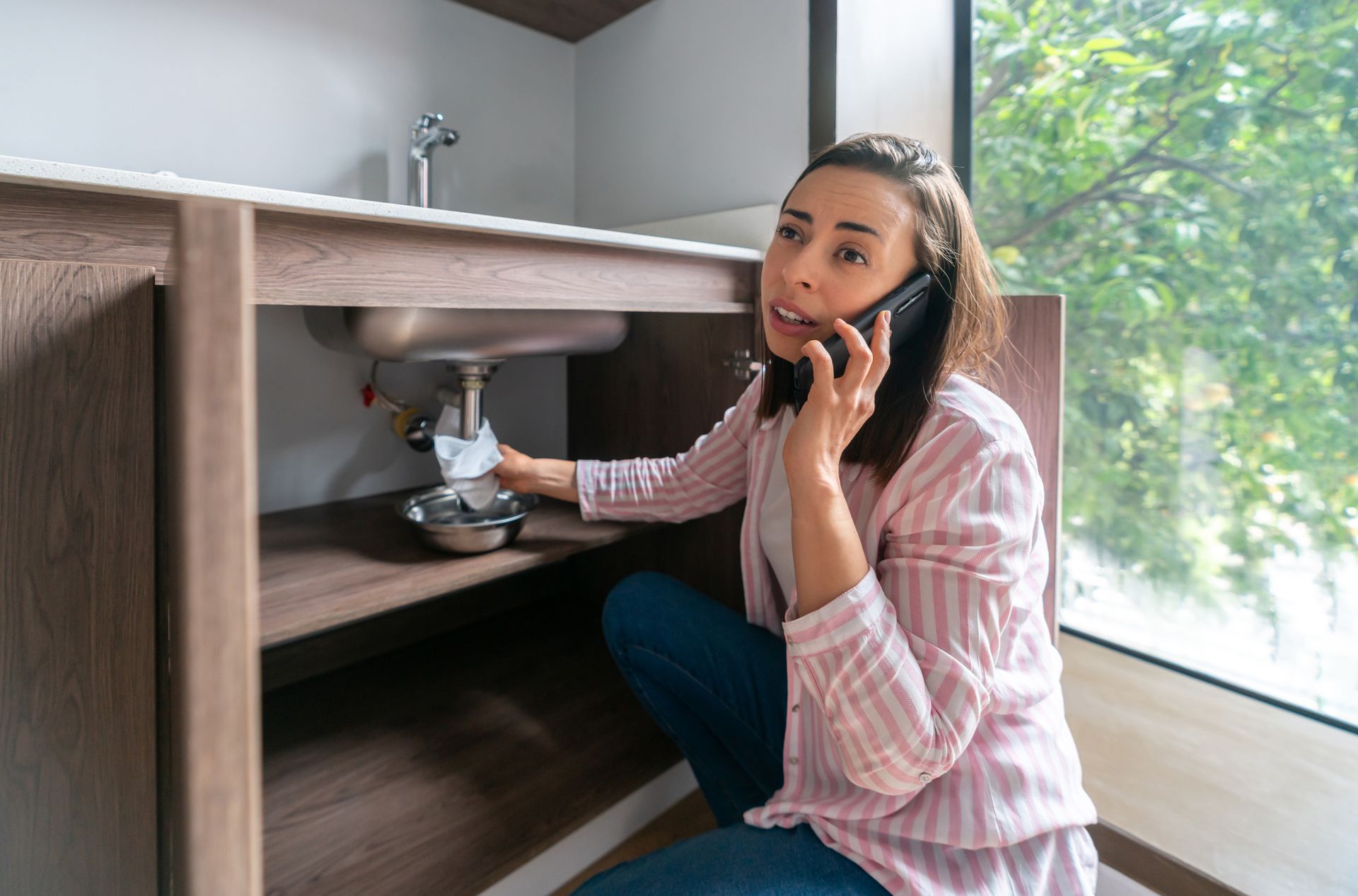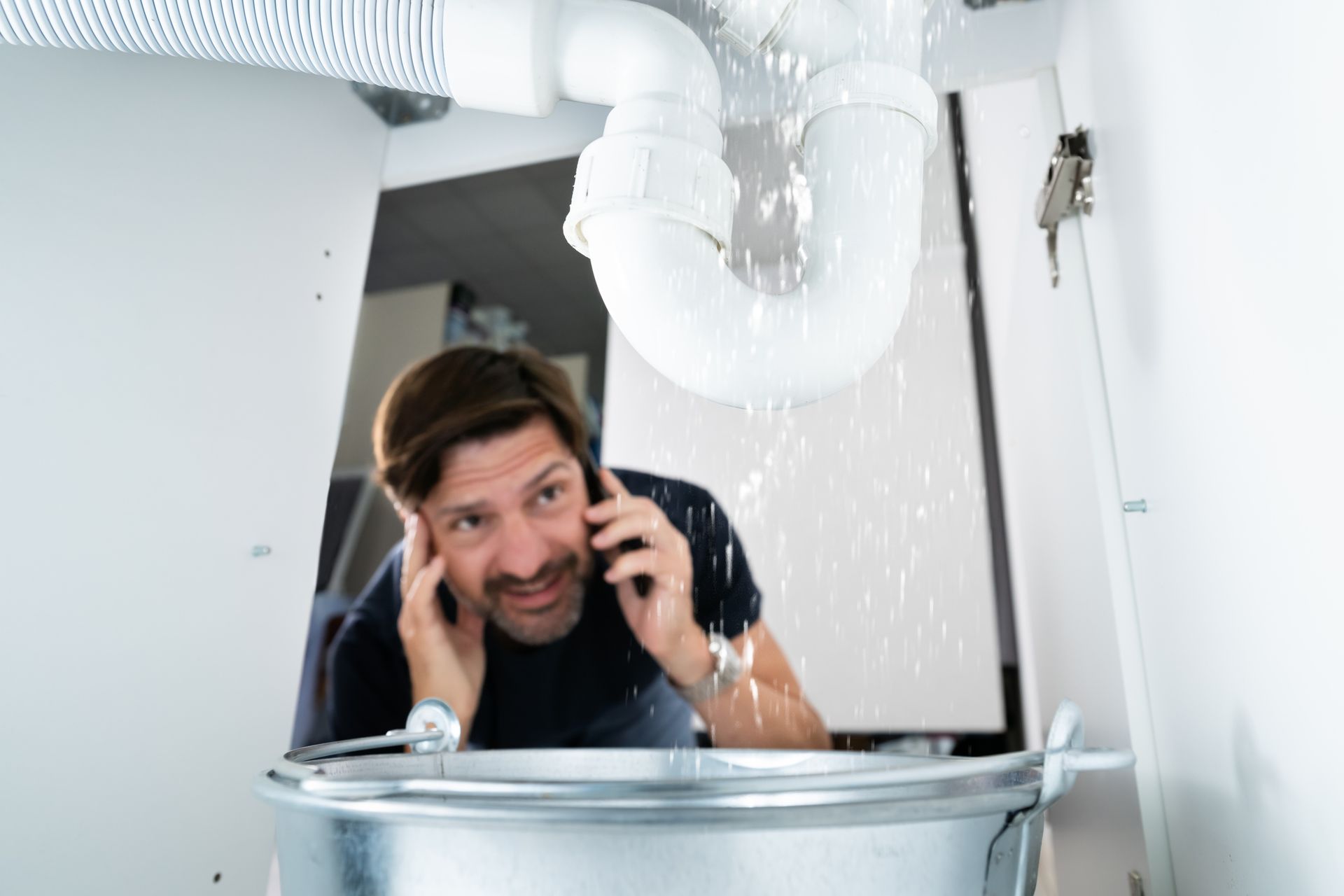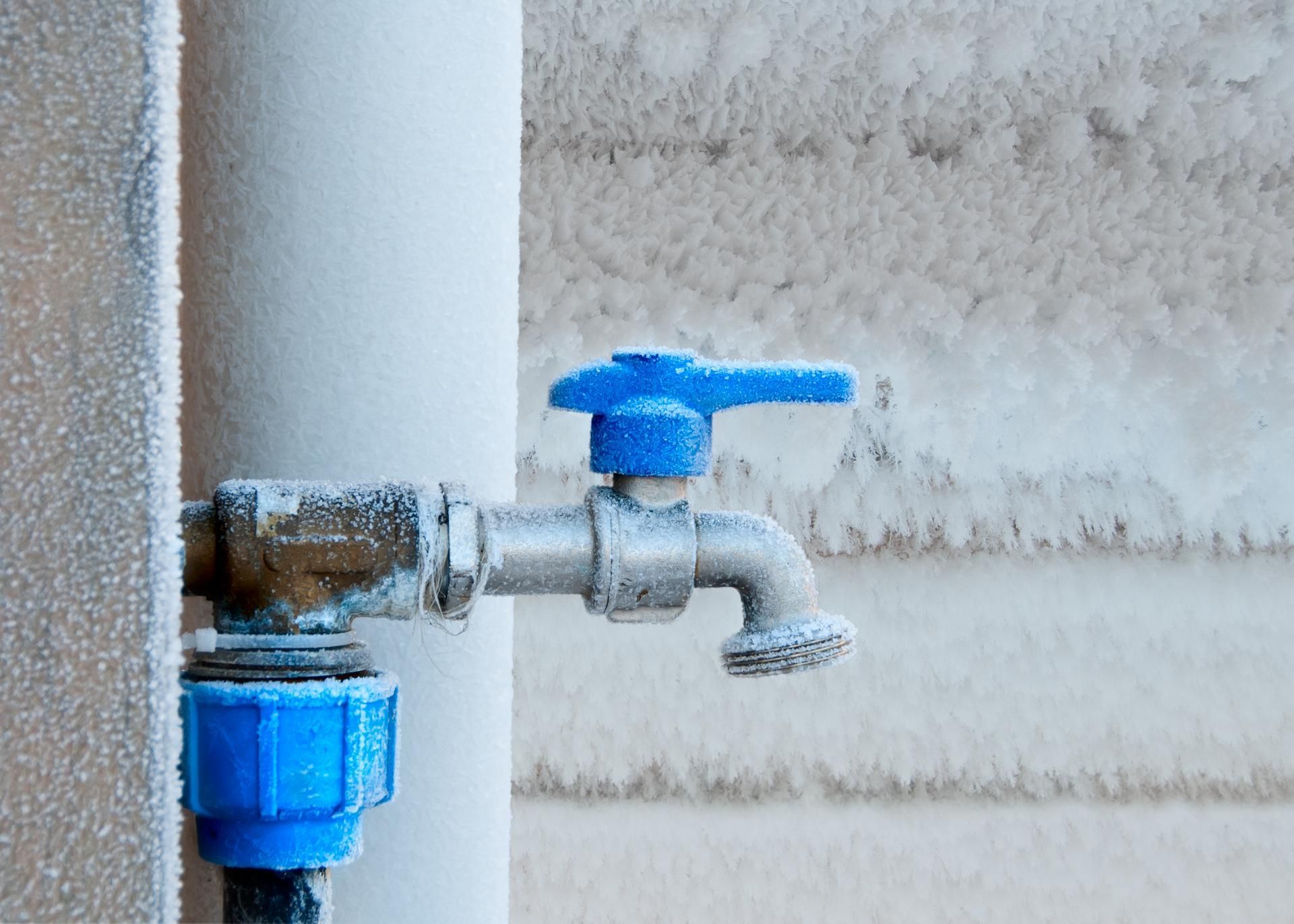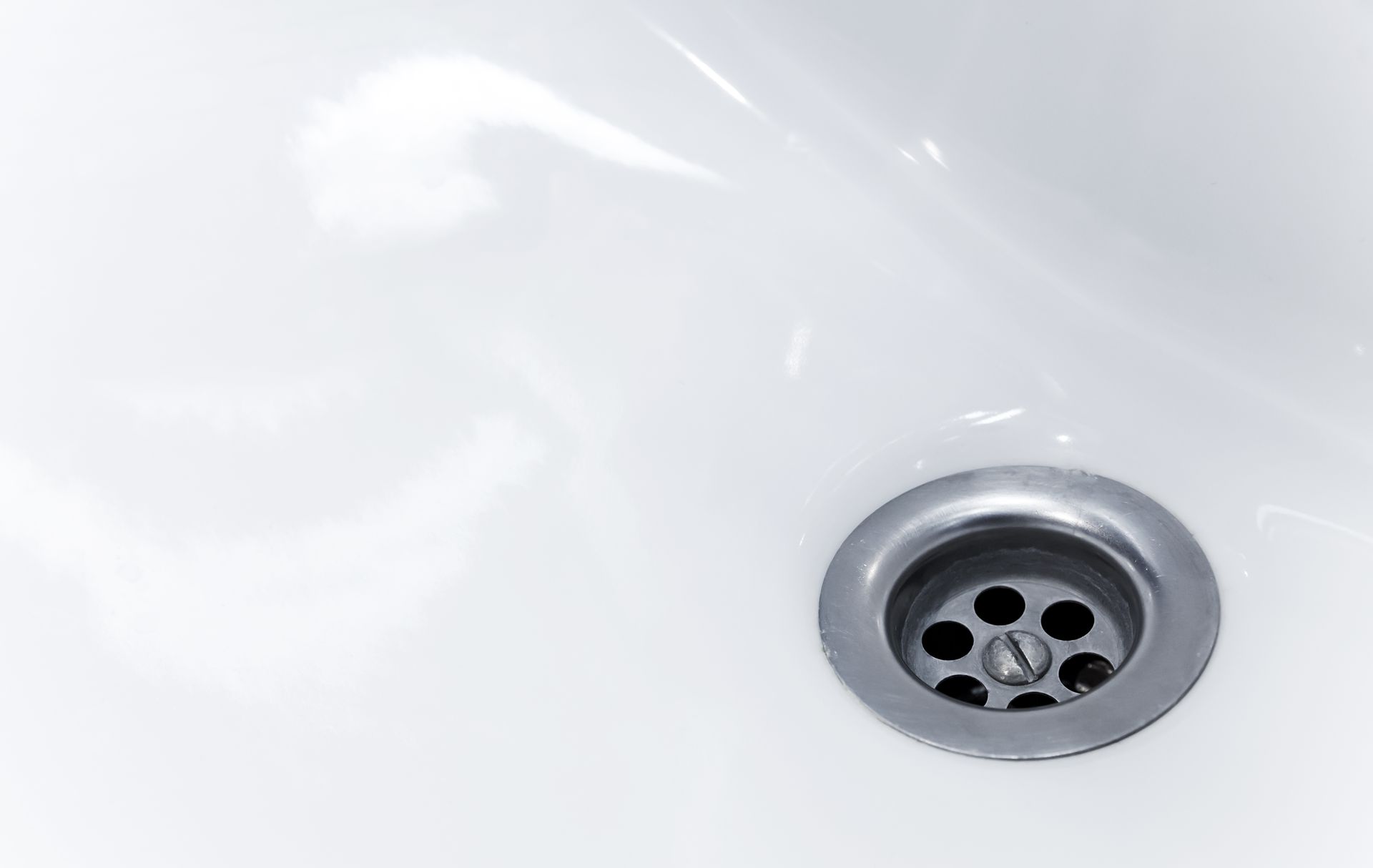Seven Signs You Need to Call a Plumber for Your Bathroom
From leaky faucets to clogged drains, the bathroom is often a hot spot for plumbing issues in the home. While some problems can be easily fixed with DIY solutions, there are certain indications that suggest it's time to call in the professionals. In today's blog post, learn about seven common signs that you need to call a plumber for your bathroom. By recognizing these signs early on, you can prevent further damage and keep your bathroom functioning smoothly.
Low Water Pressure
If you experience a sudden drop in water pressure while using your faucets or shower, it might indicate a more significant plumbing concern. This issue can stem from various factors like mineral deposits in the pipes or a hidden leak in the system. Engaging a plumber to identify and address the problem will help reinstate your water pressure to its usual levels effectively.
Slow Draining Sinks or Tub
If your sink or tub drains slowly, it could indicate a blockage in the pipes. While minor clogs can often be cleared with a plunger or drain cleaner, persistent clogs may require the expertise of a professional plumber. Ignoring a slow drain can lead to more serious issues, such as water damage or pipe leaks, so it's important to address the problem promptly.
Running Toilet
A running toilet isn't just an irritation; it can lead to substantial water wastage. Typically, a faulty flapper or fill valve is the culprit, both of which are usually easily replaceable. If troubleshooting these components doesn't resolve the issue, seeking a plumber's expertise for an accurate diagnosis is recommended.
Leaky Faucets
Dripping faucets are not only a nuisance, but they can also lead to higher water bills and potential water damage. In many cases, a leaky faucet can be fixed by replacing worn washers or seals. However, if the leak persists or is coming from inside the walls, it's best to call a plumber to prevent further damage.
Foul Odors
If you notice a foul odor coming from your bathroom drains, it could be a sign of a sewer line blockage or other plumbing issue. Sewer gas has a distinct smell that is often described as rotten eggs or sulfur. It's important to address this issue promptly to prevent health hazards and further damage to your plumbing system.
Mold or Mildew Growth
Excessive moisture in the bathroom can foster mold and mildew growth, posing health risks and presenting removal challenges. The presence of mold or mildew on the walls, on the ceiling, or near the toilet or shower might signal a plumbing leak. Engage a plumber to examine your pipes and fixtures, pinpoint the moisture's origin, and facilitate required repairs.
Water Stains or Damage
Water stains on the walls, ceilings, or floors of your bathroom are a clear indicator of a plumbing issue. Whether it's a leaking pipe, a faulty seal, or a problem with the drainage system, water stains should not be ignored. Calling a plumber to assess the damage and make repairs is essential to preventing further water damage and mold growth.
When it comes to bathroom plumbing issues, it's crucial to tackle them promptly to avoid potential complications down the line. By being proactive and attentive, you can save yourself from expensive repairs and ensure the smooth operation of your bathroom. Look out for signs like slow drainage, leaks, water discoloration, unusual noises, low water pressure, foul odors, and persistent clogs. If any of these issues arise, it's advisable to seek assistance from a qualified plumber to identify and resolve the problem effectively. Your proactive approach to maintenance will help maintain the functionality and longevity of your bathroom plumbing system.
To learn more, contact our company today.
